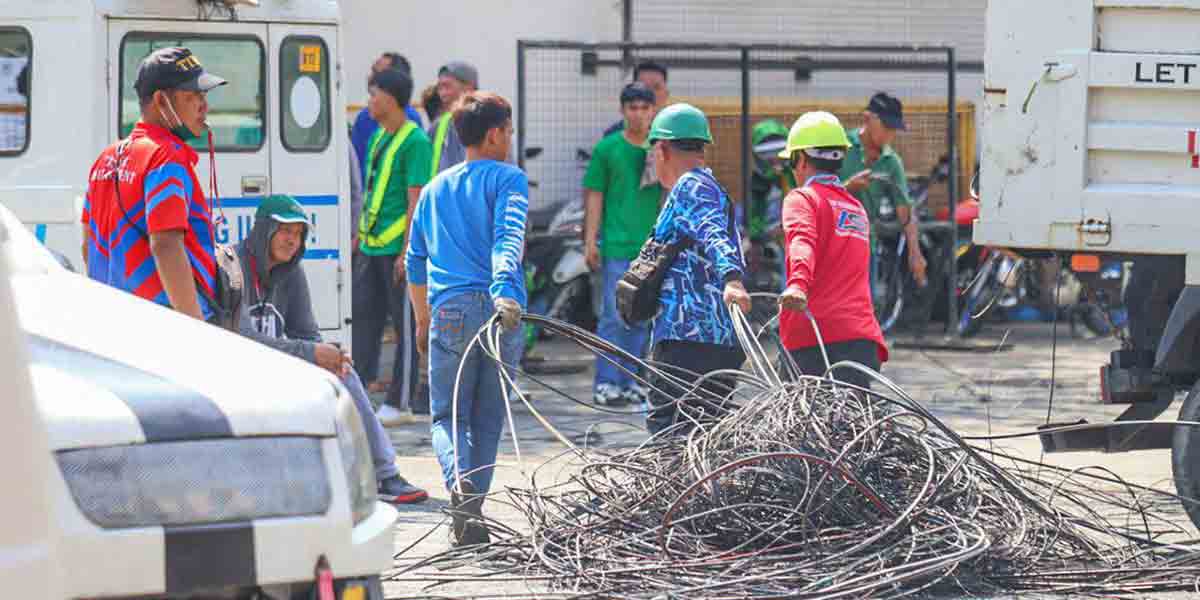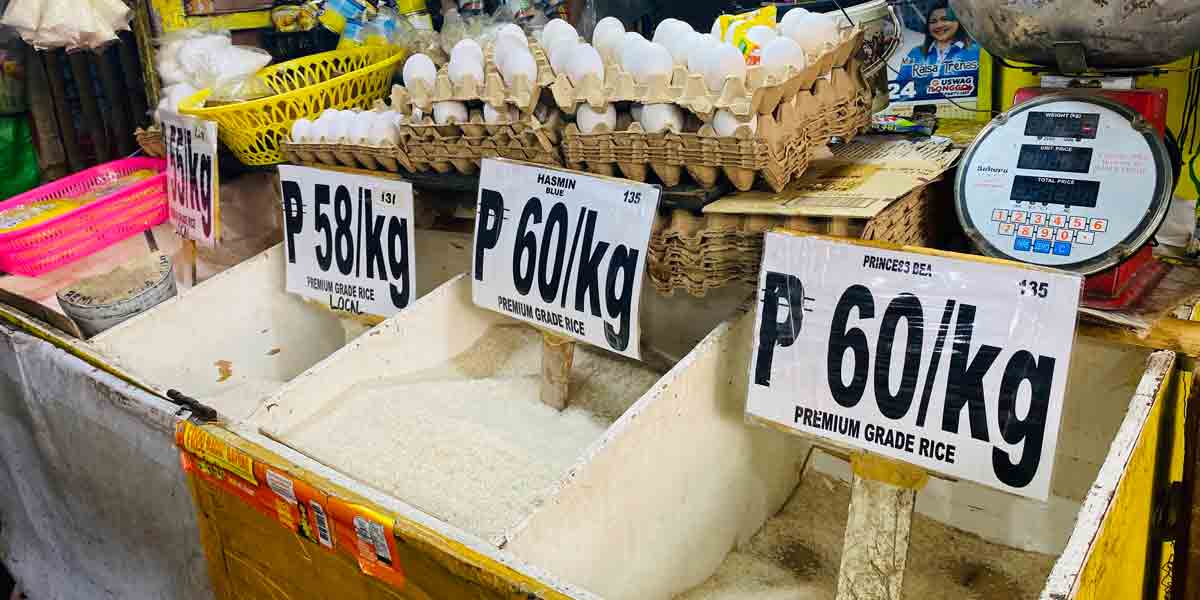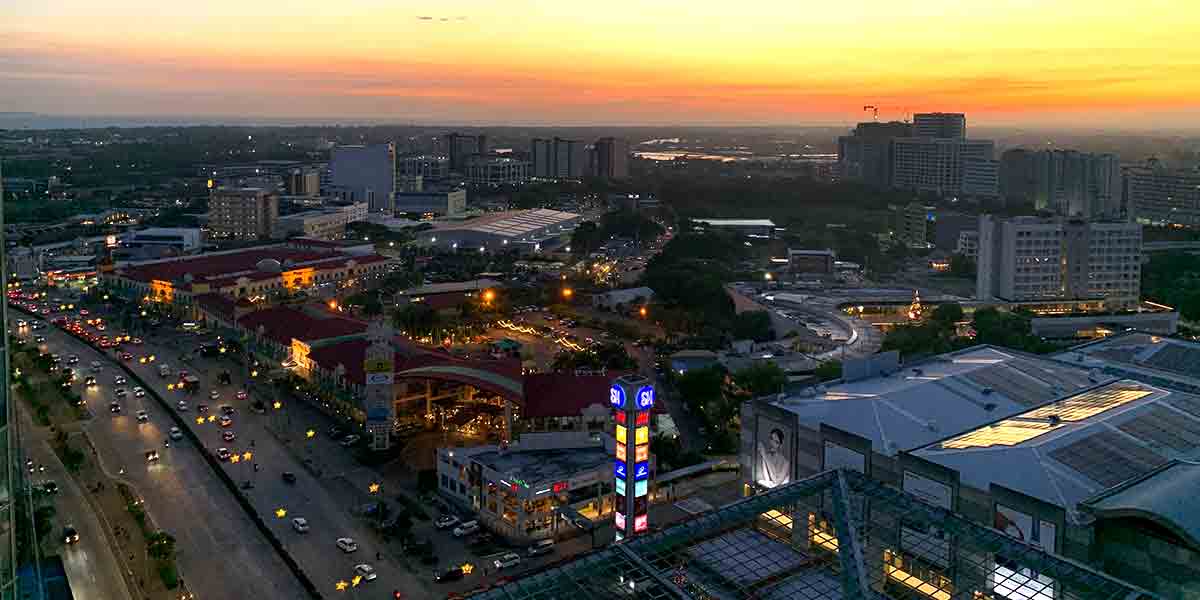By Atty. Anfred P. Panes
(In retrospect), the Talibans emerged as an Islamic social force in Afghanistan, a conservative Islamic country, in early 1990s which later seized effective control of Kabul, the country’s capital. Recently, an unprecedented, yet foreseeable event in Afghan history unfolded. A few days ago, the Talibans took over one of the most emblematic political edifices that any sovereign State can recognize, the presidential palace.
The vestige of a collapsing state is imminent. The chaotic situation of the people trying to flee the country is a manifestation of self-preservation as a last resort to protect one’s self from the perils of a disintegrating government.
In the last two decades, when the United States is slowly withdrawing itself from the embattled Afghan government, the Taliban saw a huge advantage to fortify its grip especially in rural areas and eventually in the cities. Government inefficiency in delivering services to its constituents and lack of infrastructure are just some of the reasons why the Taliban recruited its followers to uprise which is a familiar situation in weak States.
In the equation of State capacity and stability, the downside of a foreign State’s interventionist policies in the realm of political ideology is its incompatibility with the cultural and religious foothold constituting the political dogma of a social group. Here, we can trace the conflict from the beginning when the conservative Islamic Talibans took control of most of the strategic parts of Afghanistan until the liberal United States intervened in guise of global police.
However, the image of policing the world is not perpetual. The United States is no longer as formidable as before. This can be gleaned from the statement US President Joe Biden who said that American military forces should not have to die in a war that even the Afghan troops were not willing to fight themselves. The so-called nanny state is no longer in its prime years – it is fading off. As it rolls out its support in Afghanistan, the people will be left at the mercy of the Taliban until a concerted effort is actualized to dissipate the crisis of sovereignty. To be sure, we cannot always expect a sovereign to intervene at all times. In the arena of international politics, intervention is a compromising situation.
Is there a missing link? Behind this equation is the dispensable yet material variable of US intervention in the past – the intervention which is no longer sustained at the expense of stability and security. The interplay of religion in politics deeply embedded in a State and the interventionist strategy of a foreign State playing as world police is no longer in keeping with the status quo in Afghanistan. Hence, the desperate scenes we see while people are jostling against each other at the airport just to flee the country – seemingly the least, if not obliviated, concern is the high risk of COVID-19 infection. What we rather saw is another form of modern exodus in flights.
The uncertainty of the unfolding days ahead as regards the Taliban occupation of the presidential palace and the response of the international community thereto in addition to the demanding stance of COVID-19 remain to be seen. In a macro-lens, the world is already suffering in the hands of a microscopic enemy. To experience another political conflict is brewing despair. We can only pray for the safety and security of those people left at the behest of the Taliban.
The author is the Founding Partner of A.P Law and a Professorial Lecturer of the USA College of Law




















